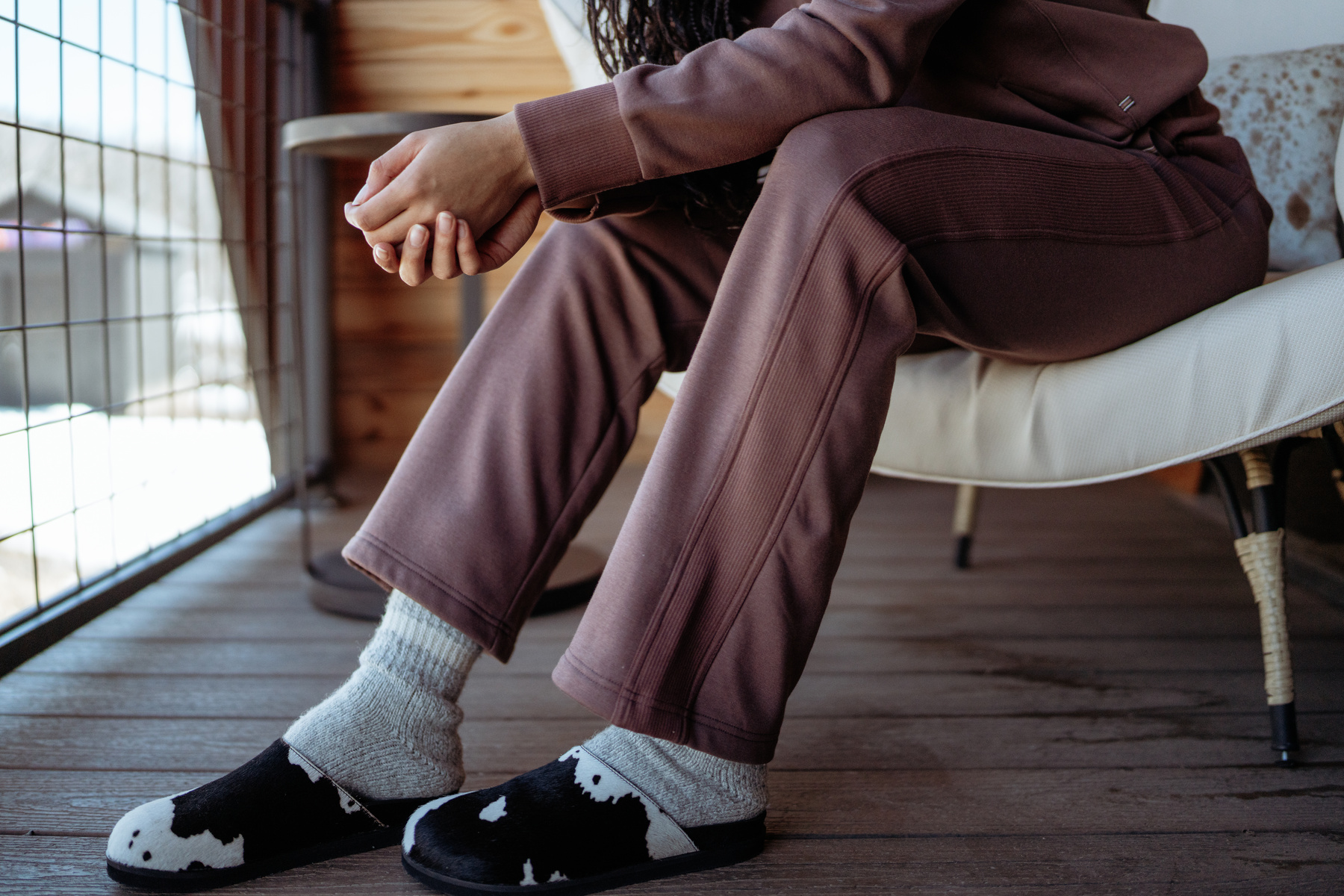
AAVE
As Black Lives Matter protests have rightfully taken the world by storm over the past couple of months, we’re long overdue for thorough evaluations of just how often aspects of Black heritage have been co-opted by white audiences.
It should be obvious that much of fashion and music as we know it today was invented by Black people. We (hopefully) all know by now that we can no longer accept Blackface and use of the n-word by non-Black people as the norm—and Internet users have tried “canceling” offenders in the public eye, with varying degrees of success.
It shouldn’t require much explanation to understand that explicitly racist jokes are bad, but there line between “acceptable” and “offensive” can be a little more muddled in some other instances—like in the case of non-Black people using AAVE, or African American Vernacular English.
AAVE is a specific dialect, like British English, and it’s used by Black Americans and some Black Canadians (hi, Drake!). It comes with its own set of rigid grammar and pronunciation rules, despite decades of white people condemning it as being a “ghetto” way of speaking. However, as memes, hip-hop, and shows like RuPaul’s Drag Race have spread AAVE outside of its typical Black communities, non-Black Internet users—such as Brittany Tomlinson, better known as the Kombucha Girl—have demeaned AAVE to a simple source of the slang du jour.
In a TikTok video that’s recently resurfaced on Twitter, Tomlinson seems to be addressing her previous use of AAVE, defending it as just a byproduct of “Internet culture.”
“I feel like it’s a very fine line between genuinely calling out a creator who’s using AAVE or ‘the blaccent,’ like, putting it on for comedic purposes, versus quoting something,” Tomlinson explained. “The Nicki Minaj thing— ‘big boobs? Chile, anyways…’—that’s a meme, obviously. So when someone’s quoting that, or when someone says ‘periodt,’ ‘sis’—it’s very much Internet culture. Like, stan Twitter. Stan culture has its own language… Collectively as a generation, if you’re on the Internet, this is kind of how we all speak.” Tomlinson has since apologized on Twitter and removed the videos.
It’s true that many words rooted in AAVE have become so common that many people who use them have become desensitized to their racial connotations; slang terms like “lit,” “bae,” and “throw shade” can all be traced back to AAVE. Words like “sis,” “periodt,” “deadass,” and “chile” are more recent arrivals in the general cultural consciousness, but as the responses to Tomlinson’s video indicate, they’ve already been used by Black people for ages.
There’s a lot of issues with Tomlinson’s statement, and perhaps the most obvious is her assumption that “we all speak” in this culturally appropriative manner. Plenty of white people know that using AAVE is culturally appropriative, and for Tomlinson to diffuse the blame onto an entire generation just comes off as an attempt to dodge responsibility for her own covertly racist actions. And even if Tomlinson genuinely does think “we all speak” that way, that just further proves the troubling degree to which AAVE has been co-opted.
Furthermore, it’s incredibly reductive to call AAVE a part of “stan culture.” It’s an actual dialect. There’s a lengthy list of specific pronunciation and syntax guidelines to follow in AAVE—learning it as someone who learned English as a typical white American would require some tedious brain rewiring. There are even anonymous Twitter accounts dedicated to broadcasting embarrassingly misused AAVE by non-Black people (a quick tip: “chile” means “child,” not “chill”), proving it’s a language with complex structures and not just a batch of fun slang words to use as you please.
Since AAVE has often been considered “incorrect,” “lazy,” and “poor grammar” since its beginnings during Civil War-era of slavery, many Black people feel the need to code-switch—or change their way of speaking—in hopes of being better respected by White peers. It’s pretty disturbing, then, to see AAVE become a “trend” among white people trying to be funny in 2020—especially when Black people are still disproportionately murdered, impoverished, incarcerated, and made a mockery of online.
Sure, that one video of Nicki Minaj that Tomlinson referenced is pretty funny—probably because of her sheer confusion. But why is a behavior that’s inherently Black, like speaking AAVE, considered humorous among stan culture? Whether intended or not, a white person using AAVE is likely doing so to be considered funny or cool among their peers online—I can’t imagine them using phrases like “periodt” or “it really do be like that” with their parents or teachers.
Long story short, AAVE was only considered “ghetto” until white people appropriated it; that should be a dead giveaway that white people shouldn’t use it at all.













